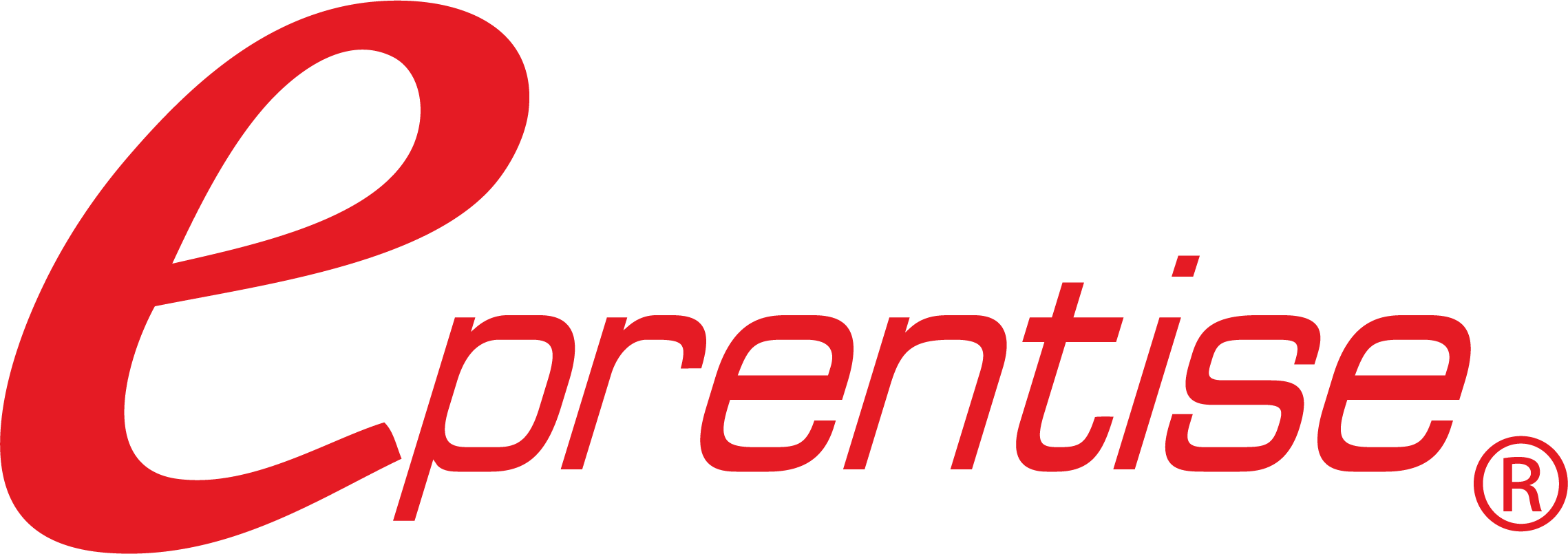In the past, improving business processes was the primary objective of most ERP implementations, and welcome outcomes were cost savings and productivity improvements. When ERP systems were initially implemented, the opportunities and gains in back office operations were considered significant strategic advantages. But although the strategic advantages of having robust ERP systems persist, today’s economy […]
Tag Archives: Data Quality
Smart business owners know that by planting the right seeds during times of economic uncertainty, their companies can harvest a bumper crop on the other end of the slowdown. Here are a few time-tested perennials sure to reap big rewards. Weed Your Garden This is a good time to focus on your company’s core competencies […]
How the Implementation of an Enterprise Application Goes from “Finished” to “Done” Enterprise applications must continually evolve in order to support ongoing business changes. Enabling and facilitating those changes so that they can occur with minimal cost and business disruption is the essence of designing for agility. The backbone of potential design agility is most […]
A useful chart of accounts (COA) provides flexibility for recording and reporting financialinformation, allows uniform management, and enhances communication. These nine fundamentalcriteria for COA design in Oracle® E-Business Suite will allow your business to create aforward-thinking chart of accounts to optimize growth and flexibility, while minimizing maintenance. Pass the “Mystery Accountant” Test – Do your […]
Cross-validation rules (CVRs) determine which segment values in your chart of accounts (or otherkey flexfields) can be used together. Upon data entry, the rule determines and controls the validvalues that may be used in conjunction with other values. Here is a list of the top seven things to remember when designing cross-validation rules in Oracle® […]
Financial Statement Generators (FSG) are powerful tools that can be used to produce a variety of traditional reports such as balance sheets, profit and loss statements, income statements, expense analyses and gross margin reports. Here are eight guidelines will help you get started with making a useful report. Make a Master Row Set – Create […]
Automation continues to transform whole industries – and finance and audit are no exception. Specific to the financial audit, most of the high-volume, routine, non-judgmental activities in real time are being transformed by software, leaving audit professionals more time to do what they do best: analyze results and make expert judgement calls. This webinar focuses on the framework and standards under which audits are currently conducted, and will showcase real-world examples where automation streamlines workflows to transform the entire audit process.
Given the option, would you prefer to receive one large lump sum of money right now, or several small but regular payments distributed over many years? This conundrum is typically associated with lottery winners, and these fortunate few overwhelmingly choose to receive the lump sum – even though their winnings are significantly reduced due to […]
Automation continues to transform whole industries – and finance and audit are no exception. Specific to the financial audit, most of the high-volume, routine, non-judgmental activities in real time are being transformed by software, leaving audit professionals more time to do what they do best: analyze results and make expert judgement calls. This webinar focuses on the framework and standards under which audits are currently conducted, and will showcase real-world examples where automation streamlines workflows to transform the entire audit process.
Automation continues to transform whole industries – and finance and audit are no exception. Specific to the financial audit, most of the high-volume, routine, non-judgmental activities in real time are being transformed by software, leaving audit professionals more time to do what they do best: analyze results and make expert judgement calls. This webinar focuses on the framework and standards under which audits are currently conducted, and will showcase real-world examples where automation streamlines workflows to transform the entire audit process.










